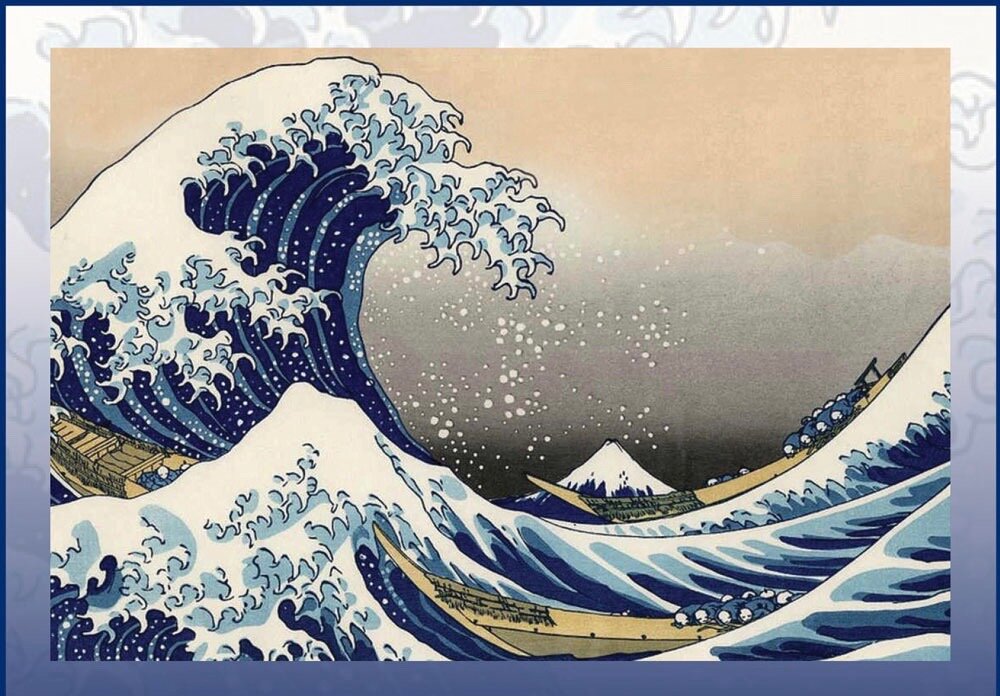Just a little more clarity and paths for further exploration about this important but confusing topic of “not self:”
Jack Engler, well known psychologist and meditator who died in March of this year, famously said, “You have to be somebody before you can be nobody.” (see excerpt from a Tricycle article below) From the psychological point of view, we need to have a healthy sense of self before we can understand and integrate the teaching of not-self.
The teaching is more clearly understand as saying “not self” as in thoughts are not self, emotions are not self, the body doesn’t contain a self that it’s control of everything. The Buddha was not denying our existence as “No self” implies. But the investigation into how we appropriate things around us as me and mine - turning feelings, processes, people, and events that are not under our control into aspects of our own egos for the purpose of lifting ourselves up or tearing ourselves down - can lead to greater freedom from the burden of carrying all of our selfing around with us and having to live up to it.
Importantly, according to Sally and Guy Armstrong, "This means, in part, we should not use the teachings to deny a sense of self or the importance of healing past wounds and trauma.”
Tonight there will be a little time for questions and comments about non-self or any other aspect of the understandings and practice of mindful meditation in the Insight tradition.
From The Tricycle Obituary, by Joan Duncan Oliver, March 21, 2023:
Clinical psychologist Jack Engler, PhD, widely acknowledged for his seminal work in linking Buddhist practice and Western psychology, died on March 12 in Framingham, Massachusetts. He was 83.
Armed with a PhD in clinical psychology from the University of Chicago and intense study with the Theravada Buddhist masters Anagarika Munindra and Dipa Ma, Engler had a long and storied career as a psychotherapist in private practice and an instructor at Harvard Medical School, as well as a Vipassana practitioner and occasional meditation teacher with strong ties to the Insight Meditation Society (IMS) and the Barre Center for Buddhist Studies, both in Barre, Massachusetts. In bridging the worlds of Western psychodynamic thinking and Buddhist practice, Engler will forever be remembered for his pithy summation of the development of the self and its relinquishment: “You have to be somebody before you can be nobody.”
No mere throwaway line, it emerged from his clinical work as a therapist and his experience teaching Buddhist psychology and Vipassana meditation. He first included that observation on self and non-self in an article published in The Journal of Transpersonal Psychology in 1984. After the article was reprinted two years later in Transformations of Consciousness: Conventional and Contemplative Perspectives on Development, a book Engler co-authored with Ken Wilber and Daniel P. Brown, the “epithet,” as he later called it, became a trope. His thesis on what he saw as “two great arcs of human development”—one leading to the individuated self, the other to a contemplative or transpersonal stage beyond it—garnered “a fair amount of criticism and notoriety from friends and colleagues for its developmental position,” he later acknowledged. His response to his critics and an effort to clarify his meaning was “Being Somebody and Being Nobody: A Re-examination of the Understanding of Self in Psychoanalysis and Buddhism,” a chapter in Psychoanalysis and Buddhism, edited by Jeffrey D. Safran and published in 2003.

